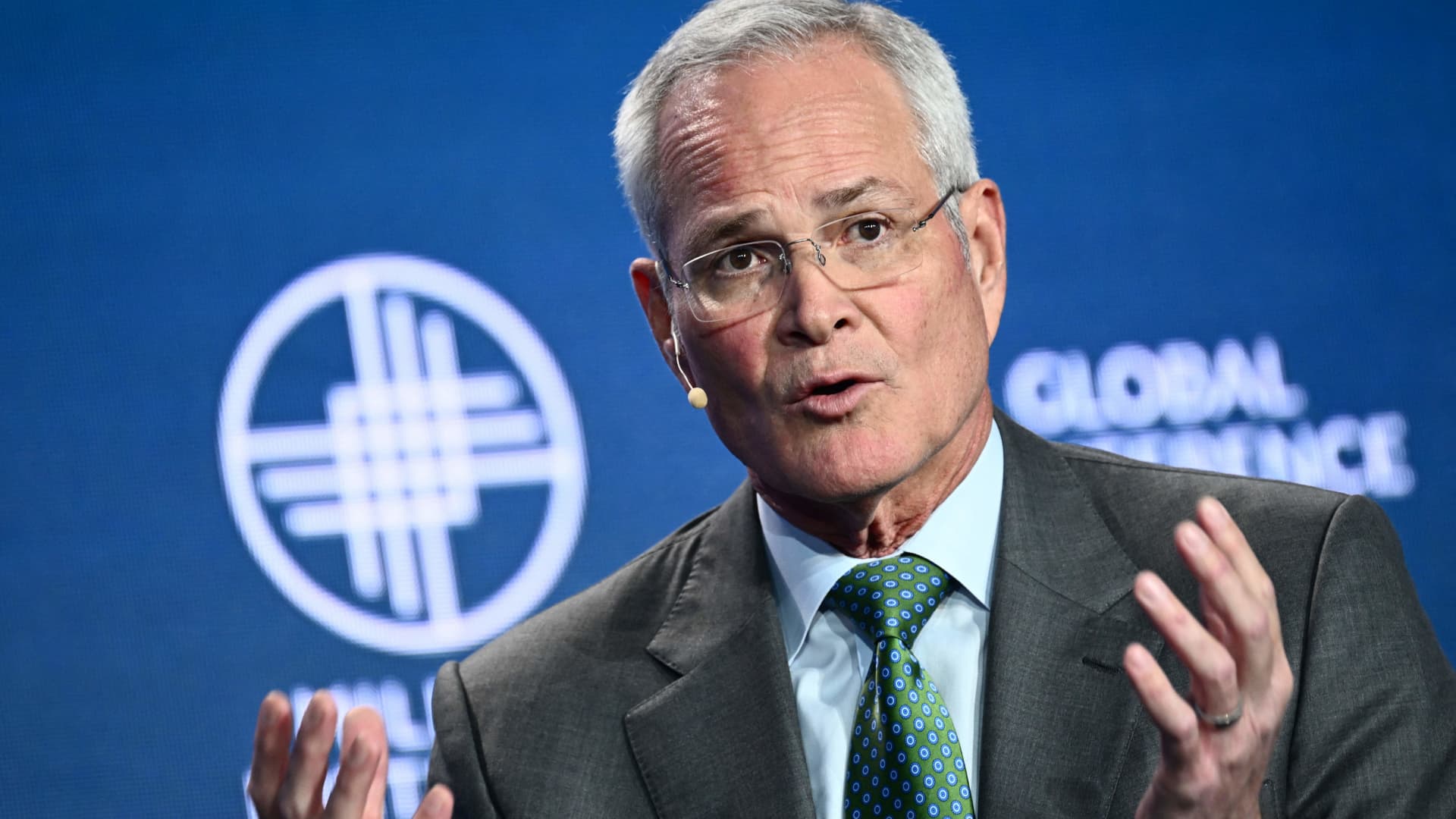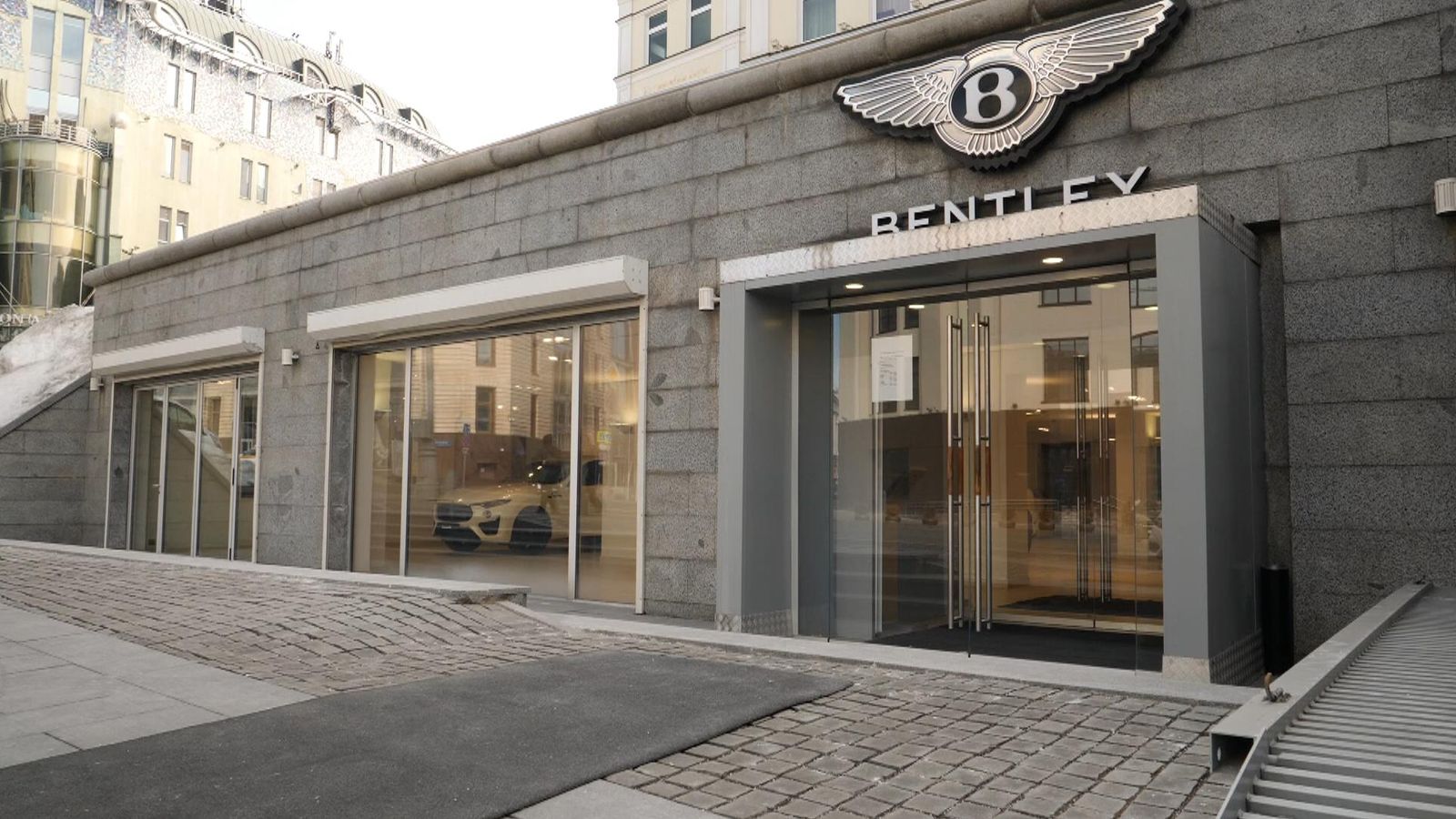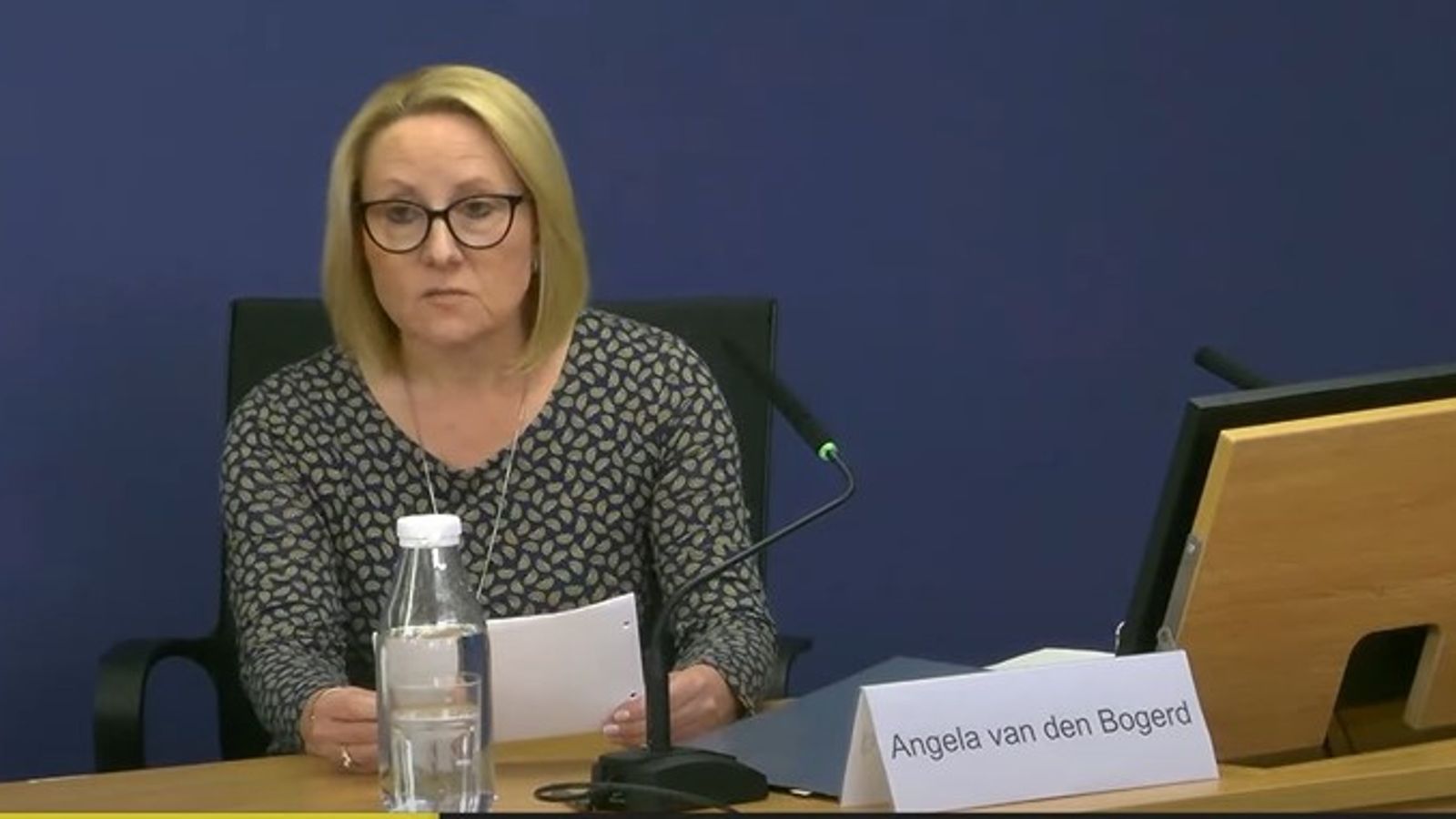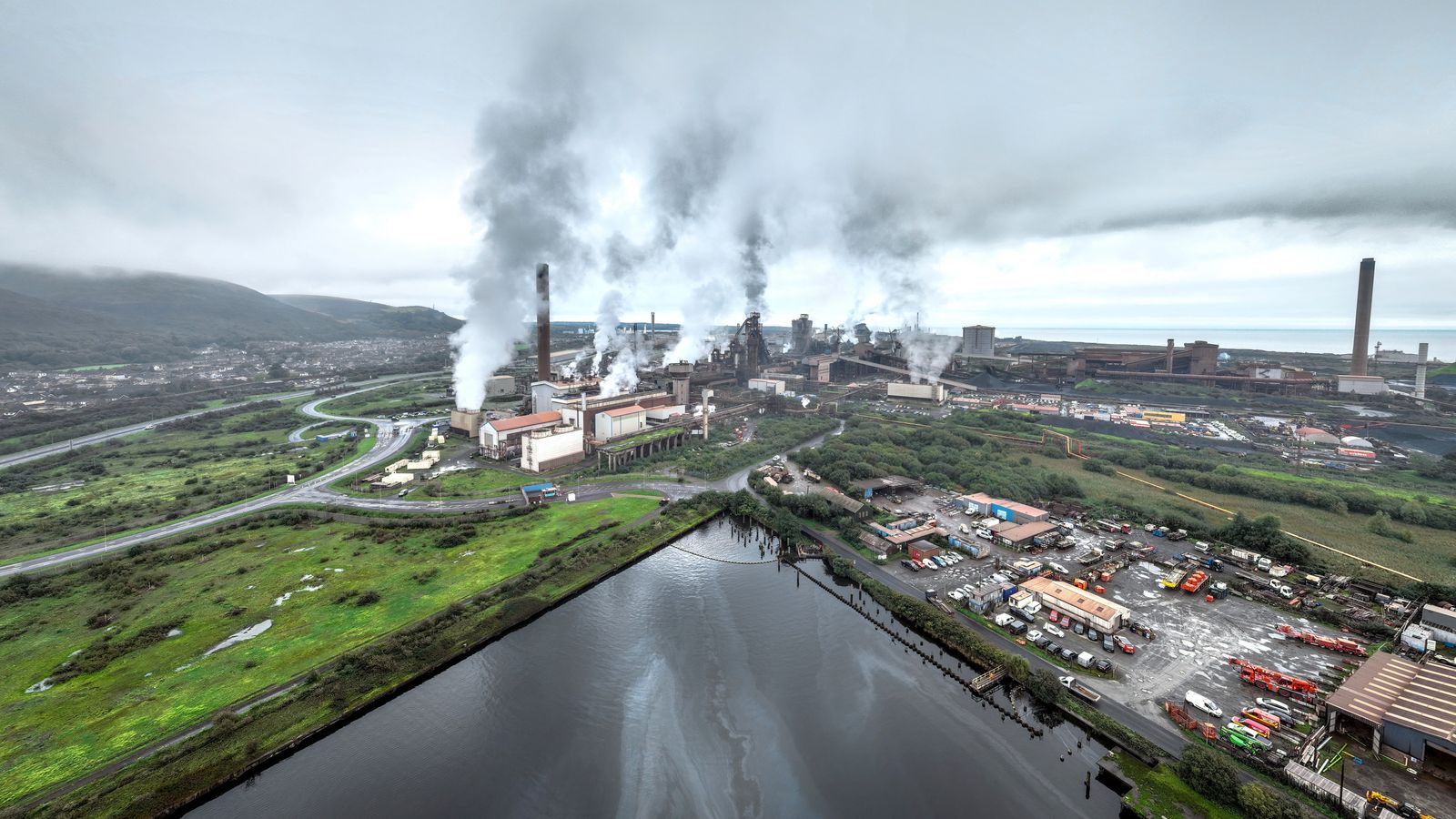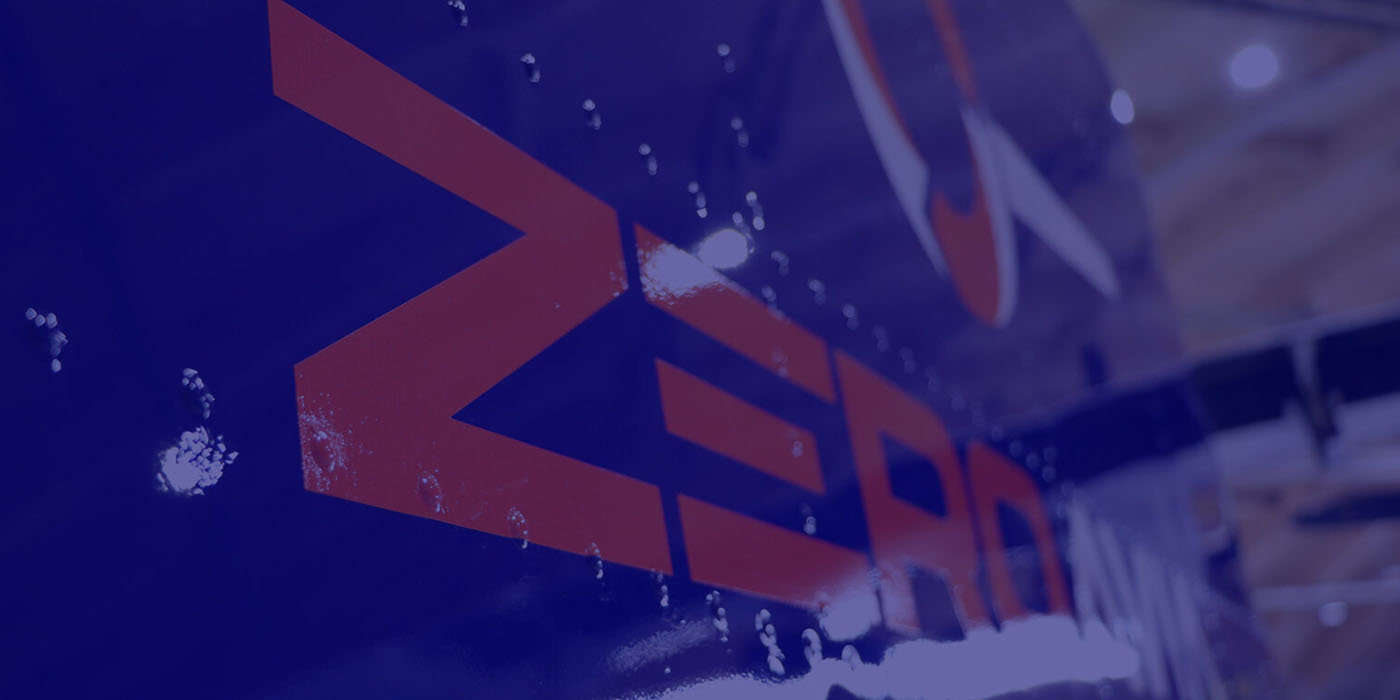
Hydrogen-electric plane developer ZeroAvia has snagged some additional financial security as it looks to continue development of its zero-emissions flight technology that should one day enable flights in 76-seat aircrafts. The latest financing round featured some familiar names as well as some leading investments from Airbus, Barclays, and Saudi Arabia’s “living laboratory,” NEOM.
ZeroAvia is an aircraft developer focused specifically on hydrogen-electric propulsion that continues to hit milestones across a previously laid out development timeline that spans a decade. We’ve already seen the company secure experimental flight certificates from both the CAA in the UK and the FAA in the US – home to its two current headquarters.
In January, ZeroAvia completed its first flight with its 19-passenger hydrogen-electric plane – the largest to take to the skies at the time. However, the company has its eyes set on larger and more powerful planes, vowing to deliver a 40- to 80-seat aircraft with up to 700 miles of range by 2027.
That’s no small task, and such development requires massive funding – a key factor ZeroAvia has found plenty of support in over the years. For example, Alaska Airlines has been a prominent investor over the years and is currently co-developing a hydrogen-electric plan with ZeroAvia seen below.
Alaska was also part of a $30 million funding round, completed in the summer of 2022, that also features investments from Barclays’ Sustainable Impact Capital and Saudi Arabia’s city of the future – NEOM. Today, Barclays and NEOM have joined Alaska Airlines in a fresh funding round that also includes a new partnership with another behemoth in the aerial segment – Airbus.
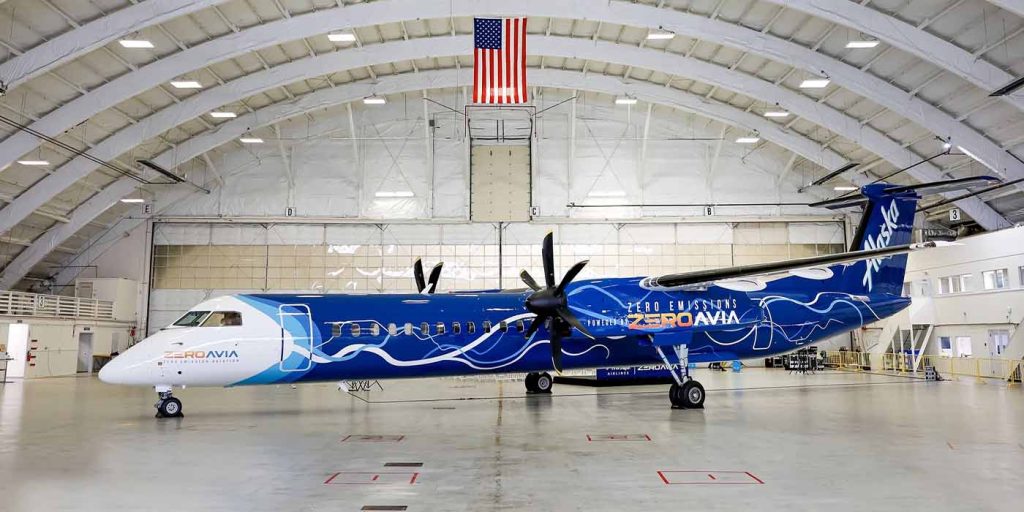
ZeroAvia looks to accelerate electric plane development
In addition to the investors mentioned above, today’s fresh round of funding included Breakthrough Energy Ventures, Horizons Ventures, Ecosystem Integrity Fund, Summa Equity, AP Ventures, and Amazon Climate Pledge Fund.
As part of Airbus’ investment, it has signed an agreement with ZeroAvia to work together in obtaining hydrogen power system certifications. The two companies said they will also collaborate in the development of adjacent technical areas, including liquid hydrogen fuel storage, testing fuel cell propulsion systems (ground on air), and development of refueling infrastructure. Per Airbus vice president of ZEROe aircraft Glenn Llewellyn:
ZeroAvia has already been successful in flight testing fuel cell propulsion, and hydrogen storage and distribution systems on board their Do-228 flight test platform which puts them in a strong position to take their technologies to the next phase of development. In addition, ZeroAvia is supporting the development of a wider hydrogen ecosystem for aviation – technologies, decarbonized hydrogen supply and certification of hydrogen propulsion systems – which all complement well with our own ambition to bring a ZEROe hydrogen powered aircraft to service by 2035.
ZeroAvia states the funding will be used to further expedite the development of its hydrogen-electric propulsion technology as it seeks official certification for commercial flight. That first aircraft will be the ZA600, whose prototype has already begun its first stage of test flights. The company is currently targeting 2025 certification for that aircraft, which should be able to transport up to 20 passengers.
Some of the funds will also be allocated toward ZeroAvia’s larger propulsion program – the ZA2000, which features a 2-5.4 MW powertrain designed for larger commercial aircraft. The next step in that project is testing of a retrofitted Dash 8 400 aircraft with Alaska Airlines, capable of transporting 76 passengers. First test flights are expected to take place next year.
FTC: We use income earning auto affiliate links. More.



